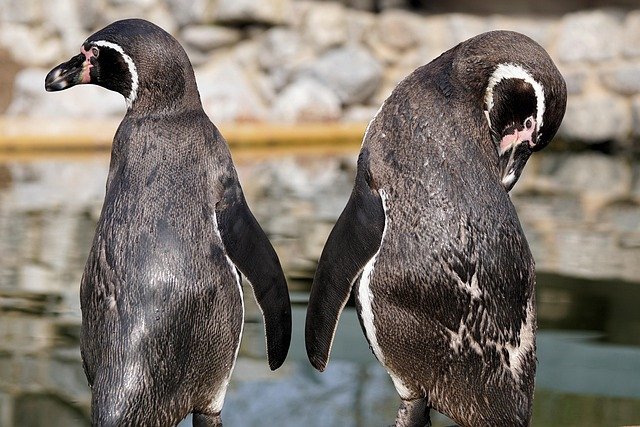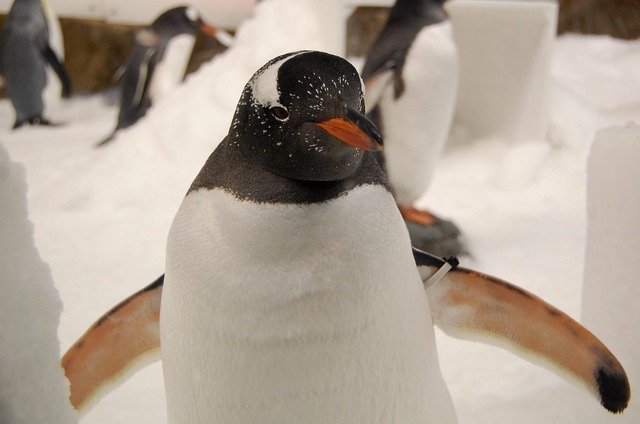**Title: "The Remarkable Social Lives of Penguins: Communication, Grooming, and Parenting"

The Remarkable Social Lives of Penguins: Communication, Grooming, and Parenting
Penguins are not just adorable creatures waddling around in their tuxedo-like feathers; they also possess fascinating social behaviors that contribute to their survival and community dynamics. In this post, we will explore the various aspects of penguin social lives, including their communication methods, grooming habits, and parenting strategies.
Communication
Penguins are highly social animals that rely on a complex system of vocalizations and body language to communicate with one another. Each species has its own unique calls, which can vary in pitch and tone. For instance:
- Chinstrap Penguins are known for their loud, braying calls that can be heard from a distance.
- Emperor Penguins use a series of trumpeting sounds to establish contact with their mates and chicks.
These vocalizations serve multiple purposes, including attracting mates, signaling alarm, and maintaining group cohesion. In addition to vocal communication, penguins also use body language, such as bowing, flapping their wings, and posturing, to convey messages to their peers.
Grooming
Grooming plays a crucial role in the social lives of penguins. Not only does it help maintain their waterproof feathers, but it also fosters social bonds among individuals. Penguins engage in a behavior known as allopreening, where they groom each other, typically focusing on hard-to-reach areas like the back of the head and neck.
Benefits of Grooming:
- Strengthening Social Bonds: Allopreening is a way for penguins to reinforce social connections and establish trust within their colony.
- Parasite Control: Regular grooming helps remove parasites and debris from feathers, ensuring that penguins stay healthy and maintain their insulating properties.
Parenting
Penguin parenting is a remarkable aspect of their social structure. Most penguin species are monogamous for a breeding season, and both parents share the responsibility of raising their young.
Key Parenting Behaviors:
Egg Incubation: After laying eggs, penguins take turns incubating them, ensuring they remain warm and protected from the harsh environment. For example, Emperor Penguins are known for their unique method of carrying the egg on their feet and covering it with a flap of skin.
Feeding Chicks: Once the chicks hatch, both parents are involved in feeding them. Adult penguins regurgitate food for their young, providing them with the nutrients they need to grow.
Protection: Parent penguins are fiercely protective of their chicks, forming crèches (groups of chicks) to keep them safe while adults go foraging for food.
Conclusion
The social lives of penguins are intricate and multifaceted, showcasing their ability to communicate, bond, and collaborate in raising their young. As we continue to study these remarkable birds, we gain a deeper appreciation for their behaviors and the vital roles they play in their ecosystems. Whether it's through their unique calls, the intimate act of grooming, or their dedicated parenting, penguins truly exemplify the beauty of social interaction in the animal kingdom.
Feel free to share your thoughts about penguin social lives or any experiences you've had observing these fascinating creatures!

Upvoted! Thank you for supporting witness @jswit.